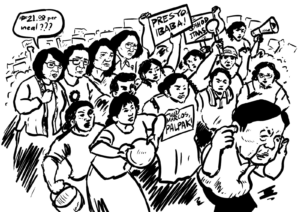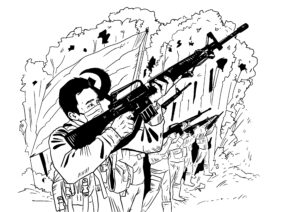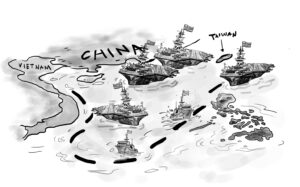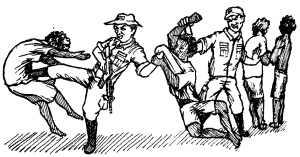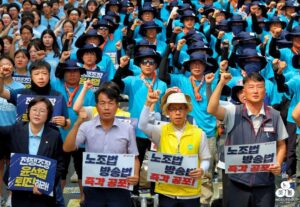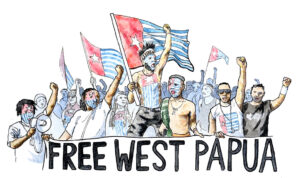Consunjis land-grabbing in Negros Occidental

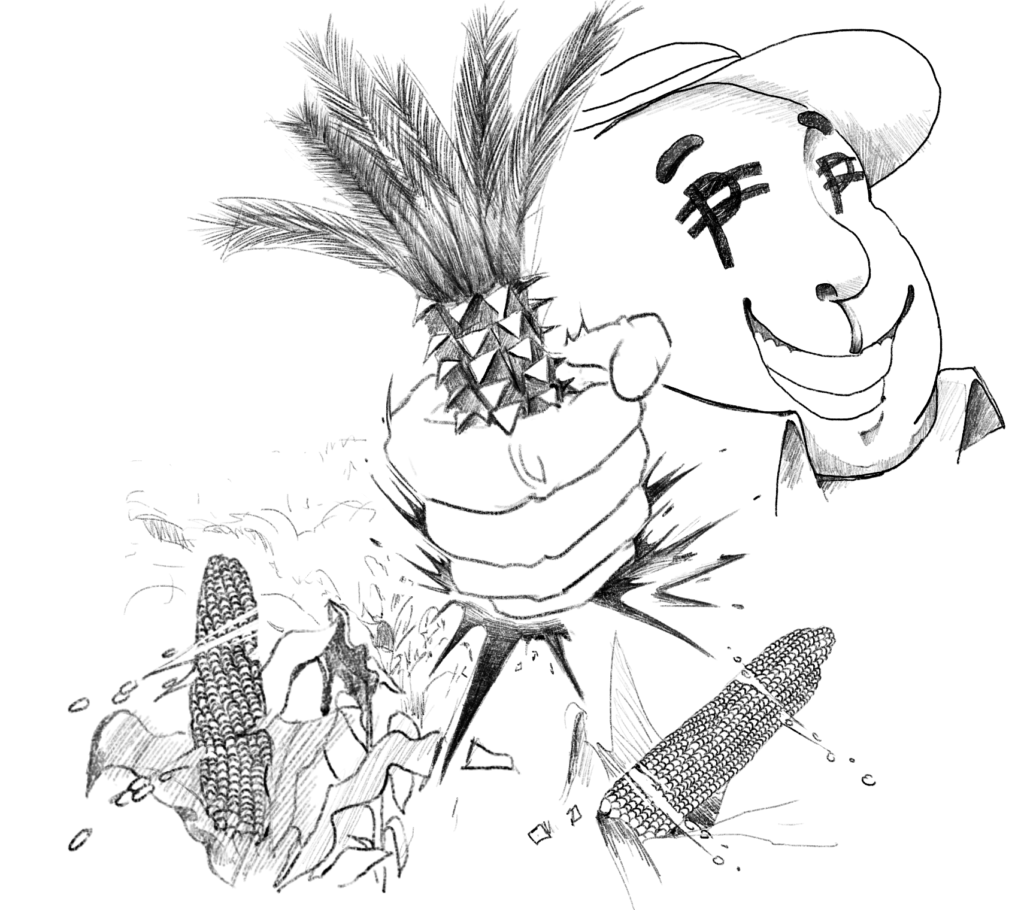
Residents in southern Negros Occidental are being threatened with eviction as the Consunji family plan to build an oil palm plantation. Many of the families here have lived and farmed in the area for the past 60 to 70 years.
Hacienda Asia Plantations Incorporated (HAPI), and its partners Sirawai Plywood and Lumber Corporation of the Consunji family and Alfred Joseph Araneta, are seizing 6,652.32 hectares of land. It covers several barangays in Candoni and Hinobaan for the ₱2 billion plantation project.
The land is classified as forest land, with 4,000 hectares considered ancestral land of the indigenous Ati. In collusion with the Candoni local government and the Department of Environment and Natural Resources (DENR), the Consunjis bulldozed the planned plantation on public land.
Local officials themselves are promoting the supposed “benefits” of the plantation to their town and people. They deliberately downplay the serious impact it poses on the lives and livelihoods of farmers and indigenous people.
The Consunjis acquired the land through an Integrated Forest Management Agreement (IFMA) with the DENR in 2009. The IFMA is the DENR’s mechanism to grant private companies the exclusive right to “develop, manage, protect and use” a designated forested area and its resources for a period of 25 years, extendable by another 25 years.
In November 2022, the Consunjis themselves announced their plan to venture into new investments in agriculture, including oil palm plantations. They aim to cover the Visayas and Mindanao and plan to be a major investor in this field.
Disruption to farmers
While the oil palm plantation will generate huge profits for the Consunjis, it will bring nothing but hardship to the peasant masses. The violent eviction of residents from the target barangays began in the last week of July.
A group of farmers in Barangay Gatsulao in Candoni said at least 1,000 farmers and their families, including indigenous people, could be evicted because of the plantation. The company, in fact, has already cleared 100 hectares of land in the area and planted it with oil palm.
The peasants are strongly opposing this and plan to file a Writ of Kalikasan, a legal remedy, to stop the plantation. They are determined to stay on the land and defend their rights.
According to the company’s report, 870,000 oil palm seedlings have been prepared in its nursery in Barangay Gatuslao. These will be planted in the confiscated land after 10 to 12 months. The Consunjis will also build an oil palm processing plant in 2026.
As seen in other provinces, such as in Palawan, communities converted into oil palm plantations face a dire fate. Peasants have complained how these plantations consume huge volumes of water, harming neighboring farms. There are also cases of poisoning from pesticides used for oil palm, making the soil unusable for other crops.
These plantations will also cause widespread deforestation, soil erosion, possible disease among local residents and other adverse effects.
In similar plantations in Mindanao and Palawan, oil palm companies pay very low wages. Workers have no benefits and their jobs are constantly under threat. Wages of farmworkers are pegged very low. In Palawan, wages only range between ₱120 and ₱150 a day in 2005, ₱130-180/day in 2009 and ₱215/day in 2014 for oil palm plantation workers. A 2012 study estimated that 27% of workers on these plantations were children, ages 5-17.

